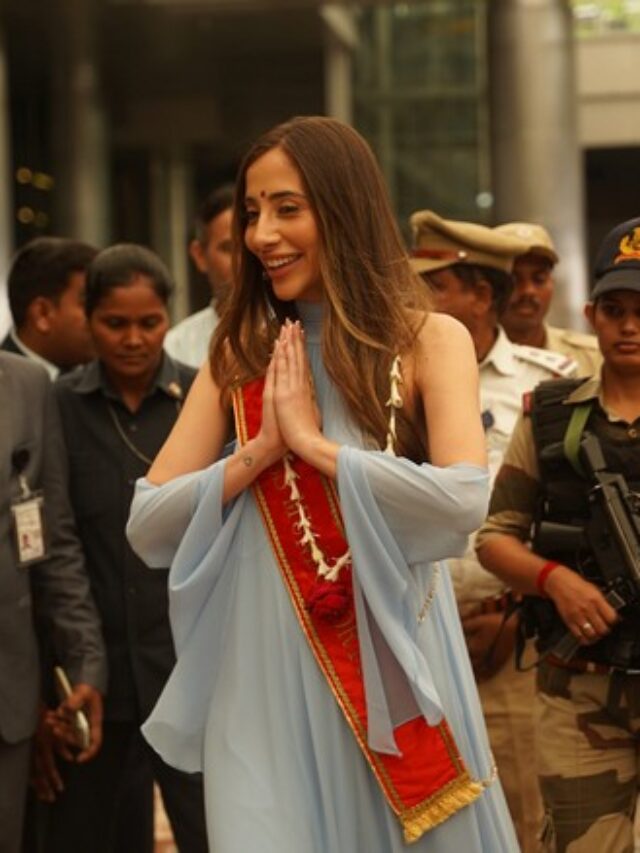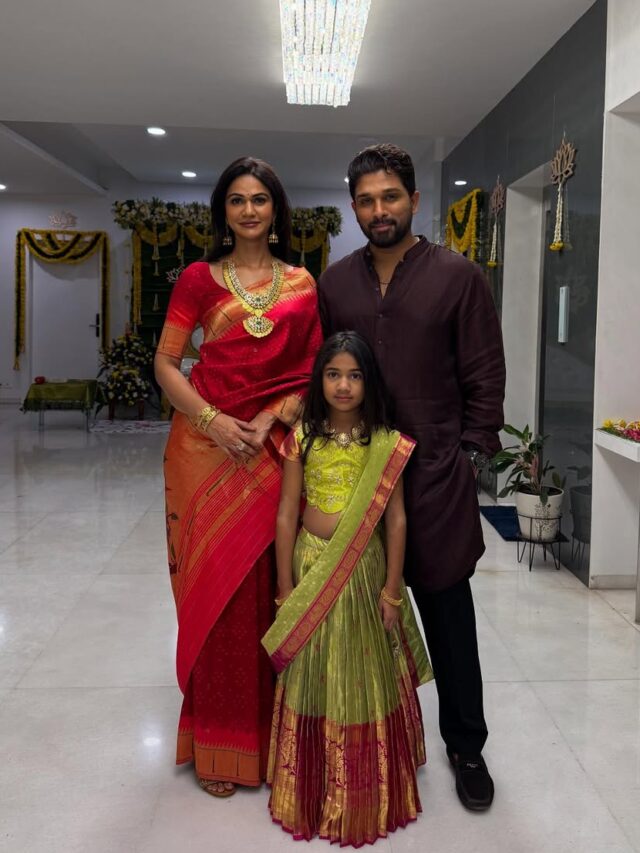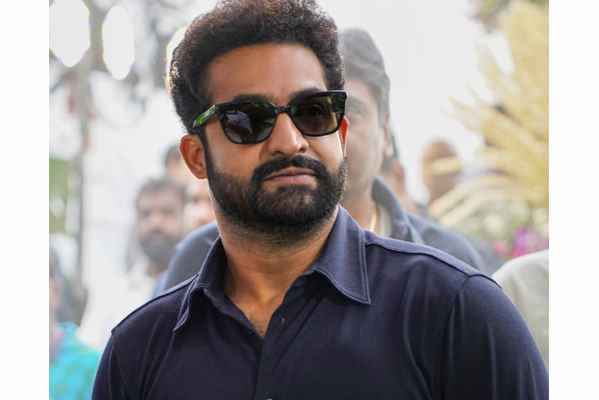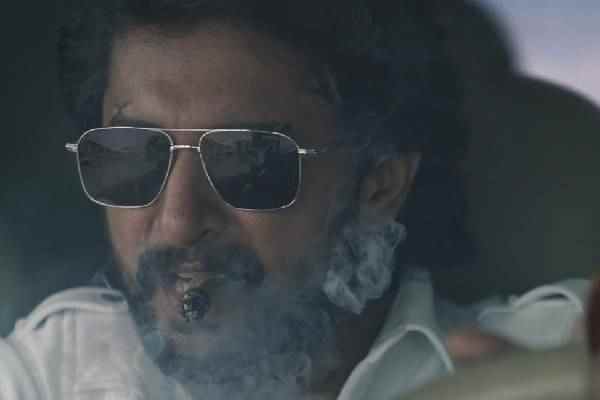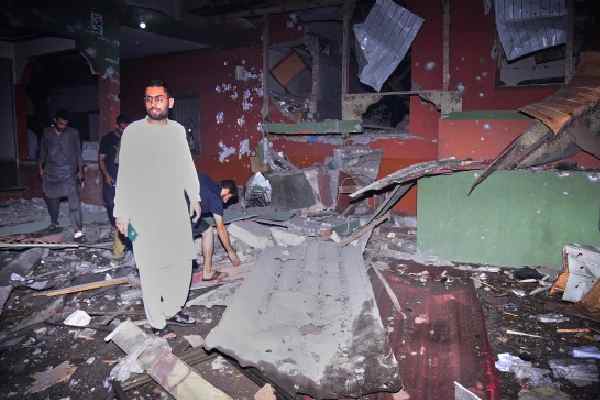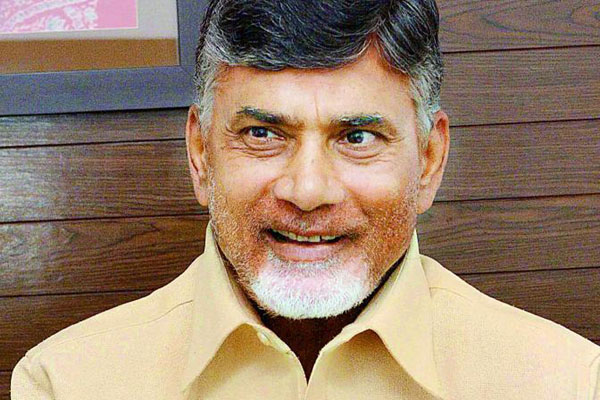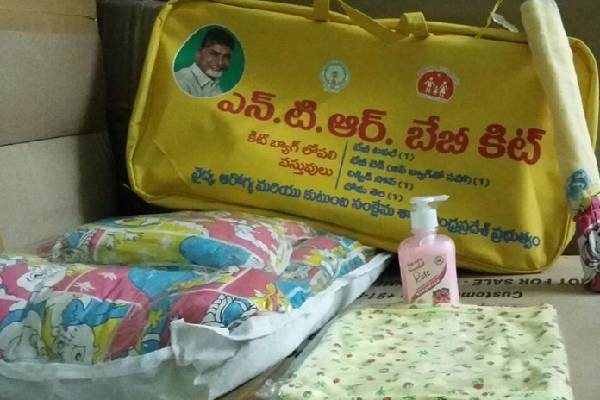As he turned 72 on Wednesday, former Andhra Pradesh Chief Minister Nara Chandrababu Naidu is gearing up for another electoral battle in his long chequered career.
Nearly three years after suffering his worst-ever electoral defeat, the Telugu Desam Party (TDP) chief appears to be down but not out as he looks to infuse new energy into the party for the 2024 poll battle.
Leading the charge against Y. S. Jagan Mohan Reddy-led YSR Congress Party (YSRCP) government, the veteran leader aims to make another comeback to power.
Though facing perhaps the toughest challenge of his four-decade-long political career, Naidu continues to be the tallest opposition figure who can take on Jagan Mohan Reddy, a leader 22 years younger to him.
As the leader of opposition in Andhra Pradesh Assembly, he is leading from front the fight against the ‘misrule’ of YSRCP. Backed by a strong cadre at the grassroots level, he is helming the TDP’s fight against the YSRCP government’s ‘corruption’, ‘anti-people policies’ and ‘atrocities’.
With two years to go for the polls and Jana Sena led by actor politician Pawan Kalyan and BJP yet to have a strong presence on the ground, Naidu seems to be the only one who can give Jagan Mohan Reddy a run for his money.
On his 72nd birthday, Naidu said that he is working to restore the glory of Telugu people. He visited Kanakadurga temple in Vijayawada, seeking blessings and strength to carry on what he calls the fight on behalf of people.
Thanking people for celebrating his birthday, Naidu assured them that he would carry forward the party by working as per their expectations. Determined to be steadfast in this fight, he is confident of a victory.
Political observers say 2024 could be a do or die battle for him. If he makes a comeback as the chief minister, he can groom his son Nara Lokesh as his political successor but if he fails, it could well be the end of the road for him.
Naidu’s four-decade-long career saw his political pendulum swinging wildly from left to right. In 2019, he exercised even his last option — aligning with the Congress but this gamble could not save him.
He not only lost power in the state but became irrelevant in the national politics as his friend-turned-rival Narendra Modi retained power at the Centre with a huge majority.
Desperate to stop Modi, Naidu was holding extensive deliberations with regional parties across the country to forge an anti-BJP alliance. He wanted to achieve what he did in 1996, when as the convenor of the United Front (UF) he brought together regional parties to prop up the government of the third alternative. In 1999, he donned a similar role for the BJP-led National Democratic Alliance (NDA).
A shrewd politician, Naidu was also seen as rank opportunist as he aligned with the BJP, apparently to ride on the Vajpayee wave. He succeeded in retaining power, which he got in 1995 after leading a revolt against his father-in-law and TDP founder N.T. Rama Rao.
Then known as the poster boy of new economic reforms, a reformist and a tech-savvy leader, Naidu mastered the skills of doing business with any formation at the Centre, irrespective of its ideology.
After losing power to his bete noire Y.S. Rajasekhara Reddy (YSR) in 2004 following a record 9-year stint as Andhra Pradesh chief minister, Naidu admitted his priorities were lop-sided which led to the neglect of agriculture in the state.
So he promised a slew of freebies in the 2009 elections, but the people remained unconvinced and gave YSR a fresh mandate.
The emergence of Narendra Modi as the prime ministerial candidate in 2014 offered Naidu a chance to revive his political fortunes.
He not only joined the NDA once again but by campaigning with Modi, he succeeded in storming to power in the truncated state of Andhra Pradesh, as people preferred him, apparently for his experience in developing Hyderabad as a tech hub.
As a leader who always enjoyed the role of a kingmaker and extracted his pound of flesh from the government at the Centre, Naidu was uncomfortable in the new dispensation where Modi had absolute majority.
Though facing post-bifurcation challenges like lack of state capital and poor finances, he had no option, but to quietly accept whatever was doled out to the state.
However, it was when YSR’s son and the chief of the YSRCP Y.S. Jagan Mohan Reddy started targetting him for his compromise over the Special Category Status (SCS) that Naidu realised how he was losing the ground to the opposition. In 2018, he pulled out of the NDA government accusing Modi of ‘betrayal’.
From a great admirer of Modi, Naidu soon turned into his worst critic and even joined hands with the Congress, his party’s sworn enemy of 35 years. This was Naidu’s biggest political misadventure.
His experiment ended in a disaster with the Congress-led United People’s Alliance (UPA) biting the dust.
Ironically, Naidu began his political career with the Congress party. At the age of 28, he was elected to Assembly from Chandragiri constituency in his native district Chittoor and became a minister in the state cabinet (1980-83)
When his father-in-law and popular actor N. T. Rama Rao floated TDP, Naidu was with the Congress and had even thrown a challenge at the former. The TDP wave in 1983 nearly wiped out Congress and Naidu too failed to re-elect to the Assembly.
Later, NTR admitted Naidu into TDP and since then he never looked back. Making a modest beginning in NTR dominant TDP, he climbed to the position of party general secretary.
In 1995, a few months after NTR led TDP back to power with a landslide victory, Naidu staged a revolt against father-in-law to become chief minister. NTR’s children backed Naidu as they were also unhappy over growing interference by his second wife Lakshmi Parvathi in administration and party affairs.
NTR, who accused Naidu of back-stabbing him, died of cardiac arrest in January 1996, dramatically changing the state’s political scene.
Since then Naidu has been heading TDP. He became the longest serving chief minister of undivided Andhra Pradesh (1995-2004). A decade later when Andhra Pradesh was bifurcated to carve out Telangana as a new state, he made a new beginning as the first chief minister of the residuary state of Andhra Pradesh.







